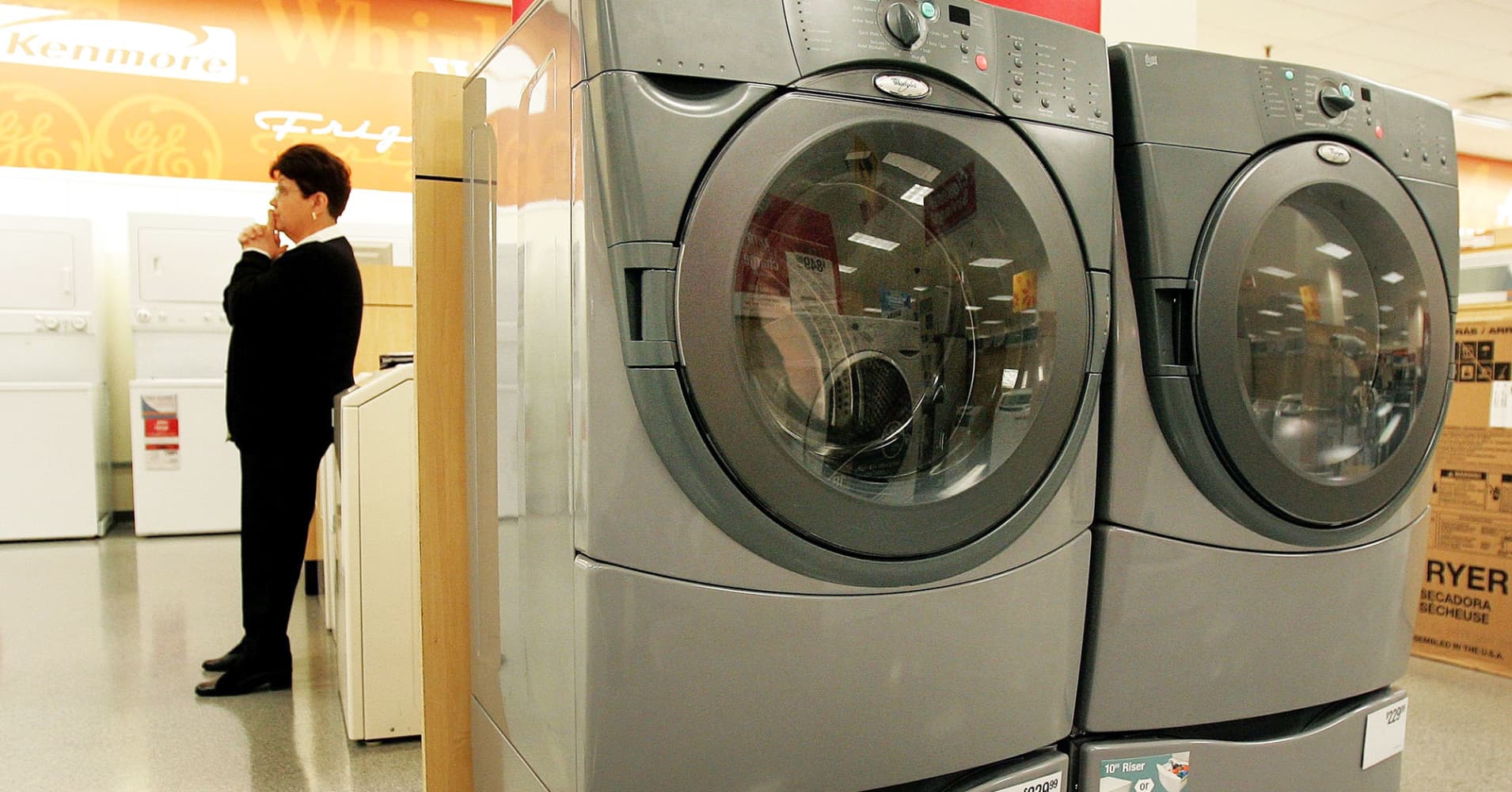
The appeal is undeniable. When something goes wrong with an appliance, as it invariably will, it’s reassuring to think the repair bills will be covered.
Here’s why you shouldn’t rush into this arrangement.
Warnings about extended warranties aren’t new. Consumer Reports has been pushing back on them for decades.
“Consumer Reports has always advised consumers to be wary of extended warranties,” said Margot Gilman, the nonprofit organization’s money editor. “Whenever we’ve analyzed them, and surveyed our members about their experiences with them, we’ve reached the conclusion that the benefits don’t outweigh the costs.
“There are better, more financially prudent alternatives to extended warranties for people who want to protect themselves against products that may break.”
Consumer Reports found that almost two-thirds of consumers rated aggressive pitches to buy warranty products a top annoyance.
Not everyone’s listening, though, and the industry continues to balloon. Last year, $44.6 billion in extended warranties were sold, according to Warranty Week. In 2010, extended warranties totaled $31.3 billion.
About 20 percent of people who buy a major appliance buy an extended warranty or service contract, according to Consumer Reports. They found the two most aggressive warranty pitchers are P.C. Richards and Sears.
People are often helpless in the face of a determined salesperson, says Warranty Week’s Arnum. There are people who can sell snowshoes in Hawaii, and they are extremely skilled.
More in Personal Finance:
When it comes to difficult financial tasks, few seek help
Hiring managers say this is the most critical part of a job interview
Do this one thing to save your financial sanity during the holidays
“Most consumers do not go into the store even thinking about extended warranties until the salesperson says, ‘Hey, thought about protection?’” Arnum said. “All the research they do is on the product, so it’s easy to convince one in three people, on average, to buy them.”
Many consumers see their kids’ cellphones as a peril worth insuring. They might not think they need the break/fix protection, Arnum says, but loss/theft is seen as worthwhile. “What if I drop it?” he said. “You see that with laptops [people are attracted to] the accidental damage protection. Even the Consumer Reports people say loss/theft is good.”
Be the first to comment